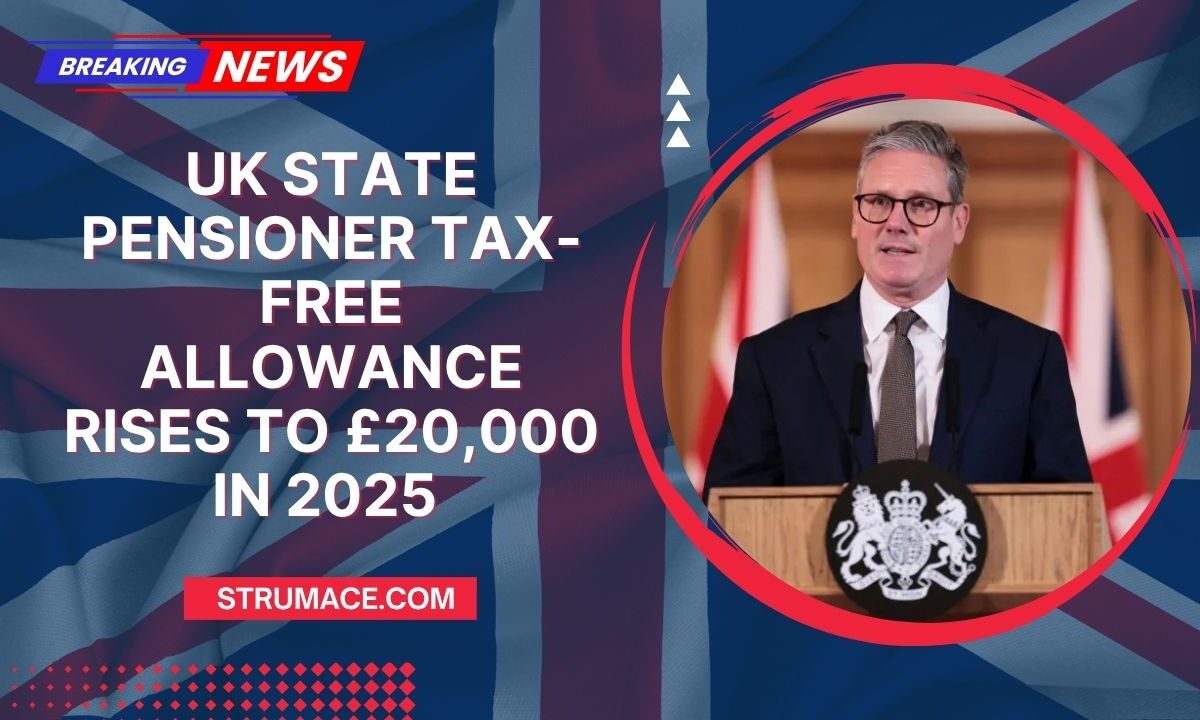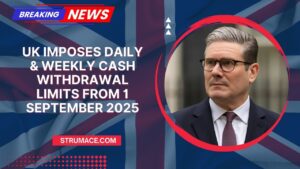A growing movement across the UK is campaigning for a significant tax reform: raising the income Personal Allowance from the current £12,570 to £20,000.
Campaigner Alan David Frost spearheaded a petition that captured widespread public support, especially from pensioners and low-income earners, by surpassing the 100,000-signature threshold needed to trigger a parliamentary debate.
Now over 281,000 people have signed it, intensifying discussion on the financial implications for millions.
Understanding the Personal Allowance and Its Impact
In the UK tax system, the Personal Allowance is the amount you can earn before paying income tax. Presently frozen at £12,570, this hasn’t changed since 2021.
As a result, increasing numbers of pensioners and low earners are being pushed into the basic 20% tax band, reducing their take-home pay in real terms.
Looking at the Numbers: How Much Could You Save?
| Group | Estimated Annual Savings (if allowance rises to £20,000) |
|---|---|
| Low-income workers | Noticeable increase in disposable income |
| Pensioners | Likely to pay little or no tax on their pension |
| Middle-income earners | Up to £1,486 saved per year |
| Families | More financial breathing space for essentials |
This change would help individuals across the income spectrum—from enabling pensioners to keep more of their income to offering families and workers vital relief without changing tax rates.
The Petition Process & Parliamentary Response
Here’s how the petition process works:
- 10,000 signatures → Government must respond.
- 100,000 signatures → Petition is eligible for a Parliamentary debate.
With over 281,000 signatures, the campaign has already secured a full debate. However, there’s currently no government plan to implement the increase. Indeed, MPs estimate the cost of raising the allowance to £20,000—especially if aligned with higher-rate bands and national insurance thresholds—could exceed £60 billion annually, comparable to major government spending areas like defence.
Why This Matters for Pensioners Now
Due to the frozen Personal Allowance and ongoing state pension increases through the triple lock, more pensioners are beginning to pay income tax—some unexpectedly.
Approximately 700,000 pensioners received tax bills as their income now exceeds the allowance. This policy proposal addresses that emerging burden and seeks to protect vulnerable retirees.
Weighing the Pros and Cons
Pros:
- Significant tax relief for pensioners and low earners.
- Reduces dependency on means-tested benefits.
- Boosts disposable income, potentially stimulating the economy.
Cons:
- A substantial fiscal cost that could threaten public services if unfunded.
- Possible need for higher taxes elsewhere to balance the books.
- Risk of inflation if increased income drives up demand.
The campaign to raise the Personal Allowance to £20,000 has struck a chord with millions—especially pensioners facing new tax bills. While the signs of political traction are clear, the tremendous fiscal costs remain a significant barrier.
Still, the pressure from this highly supported petition means the issue is firmly on the radar. If enacted, the change could dramatically reshape disposable income for the most vulnerable.
For now, staying informed and watching future budget decisions closely remains key.
FAQs
Does this mean the allowance is definitely rising to £20,000?
Not yet. The petition led to a parliamentary debate, but there’s no government commitment to implement the change.
How many people have signed the petition so far?
Over 281,000, exceeding the required threshold for a debate.
Why would pensioners benefit so much?
Currently, many pensioners’ incomes exceed the freeze-level personal allowance, meaning they pay tax on their state pension—raising the allowance could eliminate or reduce that burden entirely.




